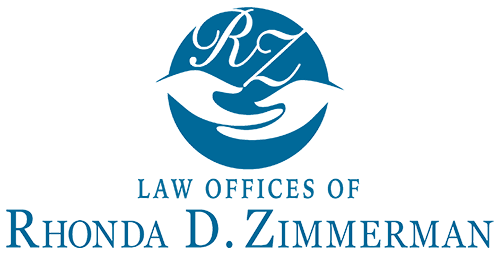Help From a Fort Lauderdale Elder Estate Planning Lawyer
Many people confuse Medicaid and Medicare, but they are two different programs. While elderly adults who qualify for Medicaid can use their benefits to pay for long-term care, Medicare cannot be used to pay for long stays in nursing homes. Medicaid planning is an important part of the estate planning process for many older adults. Fort Lauderdale elder estate planning attorney Rhonda D. Zimmerman routinely incorporates Medicaid planning into her practice to help her clients afford expensive care if and when they need it.
Medicaid is a federally-funded assistance program that is administered by the states. This program provides coverage for people of all ages who have low incomes. Patients who have Medicaid often do not have to pay a copay for covered medical expenses. Local and state governments administer Medicaid programs within the guidelines provided by the federal government.
Medicare is a type of insurance program through the federal government. Throughout people’s careers, they pay into the Medicare fund through deductions from their paychecks. Medicare is available for people who are 65 and older regardless of their incomes. It also serves people who are disabled and younger than age 65 as well as people who receive dialysis.
Medicaid for People Who are 65 or Older
Multiple Medicaid programs are in place for senior citizens who have limited incomes. Some of these programs help people to pay their premiums for Medicare. People who qualify for Medicaid may also use it to pay for long-term care in approved facilities.
Programs that help with Medicare premiums include the Qualified Medicare Beneficiary, Specific Low Income Medicare Beneficiary, Qualified INdividual, and Qualified Disabled Working Individual Programs. The QMB program provides assistance with premiums for Medicare Parts A and B. The SLMB program covers Medicare Part B premiums. The QI program also provides help with paying premiums for Medicare Part B. Finally, the QDWI program pays the premiums for disabled people for Medicare Part A.
The Institutional Care Program or ICP is another relevant program for older adults. People who meet the eligibility criteria can use ICP coverage to pay for stays in nursing homes. Adults who qualify for Medicaid may also benefit from Home and Community-Based Services or Waivers. Through this program, older adults may receive services in their homes or the community. The HCBS program helps many different types of people, including those who have developmental, intellectual, or physical disabilities or mental illnesses.
Medicaid Considerations and Estate Planning
Medicaid considerations are an integral part of estate planning for older adults. People should start the planning process early instead of waiting to apply. Medicaid has a five-year lookback period for transfers and transactions, and people must meet income qualifications. At the Law Office of Rhonda D. Zimmerman, Esq., Fort Lauderdale estate planning attorney Rhonda D. Zimmerman helps older adults to plan carefully so that they might have Medicaid benefits when they need them. To learn more, call us today at (954) 822-7566.




